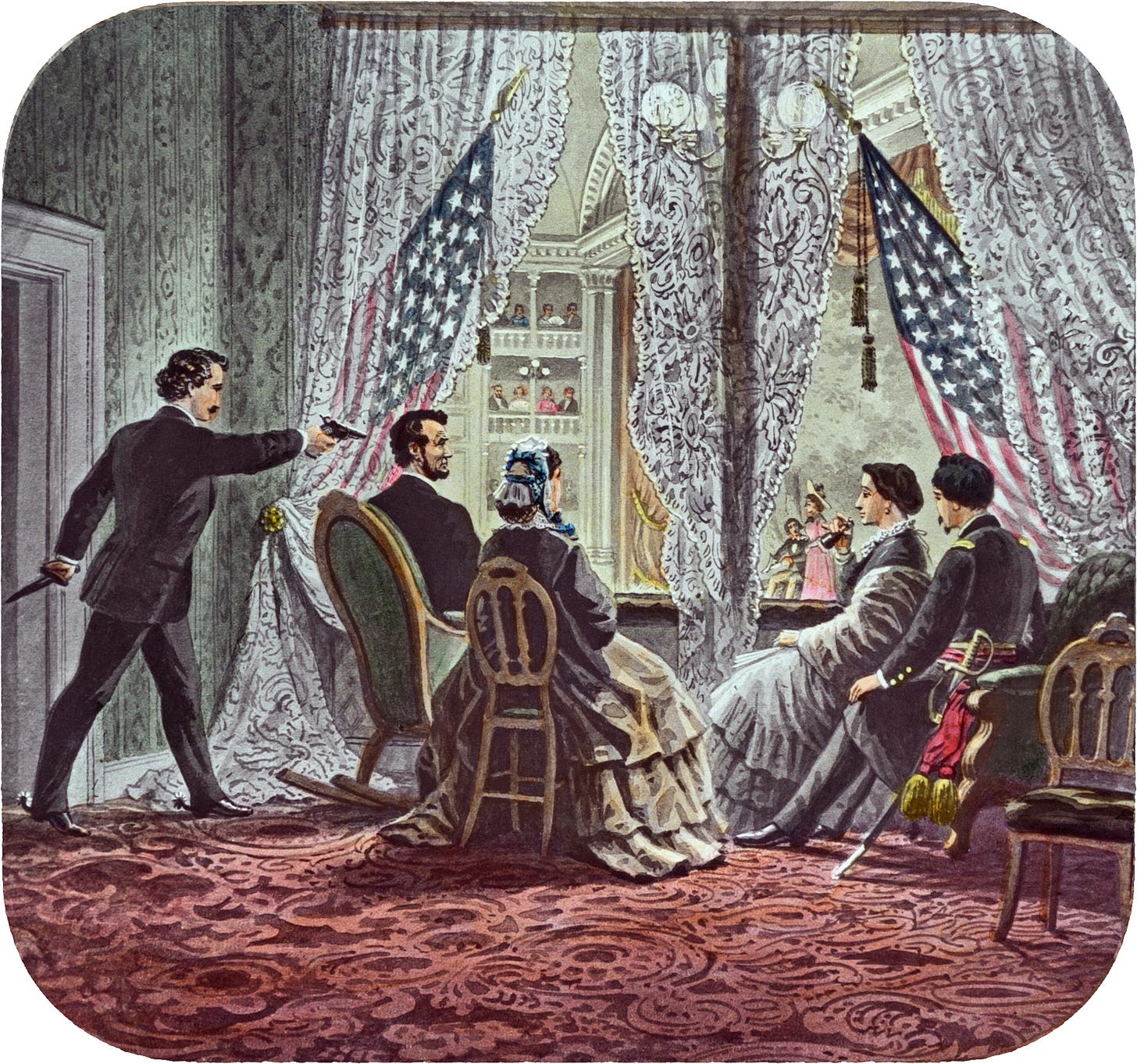We’re not bad people.
At least, no worse than we’ve ever been. Perhaps, even a bit better.
One murderer doesn’t change the character of a state.
Nothing will diminish the human, personal tragedy of the murders and attempted murders in suburban Minneapolis last weekend. The killings of Representative Melissa Hortman and her husband and the attempted killing of Senatore John Hoffman and his wife will leave deep and painful scars on their families, friends, and all who knew them.
In time, death touches us all, but the untimely, arbitrary, malefic nature of violent death at the hand of another touches us in a special way. Murder is, indeed, most foul.
Confronted by murder, we press the question, “Why?” We crave to know the motive, to explain the inexplicable. It’s an understandable urge/ Self-preservation, really. Knowing why it happened to them, I may better be able to keep it from happening to me.
For the most part, those motives are personal – greed, rage, jealousy. The direct impact of killer’s intent and actions will be limited to their victims and their personal circles. We’re shocked, but at a distance. Those killings aren’t likely to affect our own lives. Acts of individuals, not directed at us.
We take note and move on.
Assassination is different
.The intent of the killer is to change the course of history by ending the life and influence of one or more key individuals. That intent involves every one of us. We react accordingly.
Saturday night’s shootings were an assassination and a number of assassination attempts … along with what would now be callously referred to as “collateral damage.”
And, as expected, folks have reacted. A lot of finger-pointing, blame-laying, virtue-signaling, self-doubt, and second-guessing has filled the airwaves, op-ed pages, blogs, posts and podcasts, nearly all, in one way or another, disavowing any cultural affinity for, or the effectiveness of political violence in general, political murder in particular.
“This is not who we are,” was the insisted claim.
“Yes, it is,” I’m compelled to observe.
Violence has been part of human political life from the days of Og the Caveman for one simple reason. It works. Killing off a key individual or individuals is a tried and true shortcut to power or means to short-circuit policy. Assassination brought Alexander to the throne and sparked the ascendency of ancient Greece. Assassination ended the life of Julius Caesar and spelled the end of the Roman Republic. The knife, the garotte, and the poison vial were the common tools of statecraft in the Byzantine world and beyond.
Our country has been anything but immune. Shots have been fired at presidents Jackson, Lincoln, Garfield, McKinley, Roosevelt (both of them), Truman, Kennedy, Ford (twice), Reagan, and Trump. Of course, not only presidents have been targets of political killing – Alexander Hamilton, Huey Long, Jimmy Hoffa, Fred Hampton, Martin Luther King, George Wallace, Bobby Kennedy, Gabby Giffords, 168 people in the Oklahoma City bombing, 4,743 lynched from 1877 to 1968, and the list goes on.
Death from unpopular politics isn’t only the product of isolated individuals, fringe conspirators, and enflamed mobs. Politics were a decisive motive for the executions of Joe Hill, John Brown, Sacco and Vanzetti, Julius and Ethel Rosenberg, Timothey McVeigh, to name a few. The CIA was implicated in plots to kill Fidel Castro and in the overthrow and assassination of South Vietnamese president Ngo Dinh Diem and his brother, resulting in executive orders signed by both President Ford and President Reagan prohibiting U.S. government employees from engaging in political assassination anywhere in the world.
Not that that did Osama bin Laden any good – gunned down in his bedroom by members of Seal Team Six on orders from President Obama. For decades, the U.S. military has been the vehicle for a number of these “targeted killings” intended to eliminate key officials in hostile regimes via smart bombs, cruise missiles, drones and other impersonal armament.
When he observed, “Violence is as American as cherry pie,” H. Rap Brown was on to something.
It may be most foul, but political murder is also most effective. Of that, would-be assassins are well aware.
So are governments.
We’re right to fear it for that reason.
But that Saturday morning killer, masked and shrouded in the wee hours’ shadows, didn’t change us, Not as a nation. Not as a state. Not as individuals. He lived his life among us, is one of us. What he became, what he did was shaped in the same world we all live in. A world that has shaped our lives very differently.
There’s no easy answer here. Not really. Violence as a political tactic and tool isn’t going to go away – much as we’d rather look away from it, it’s always been with us. The best we can do is be vigilant in our disapproval, our opposition, our insistence on upholding due process and the rule of law.
One bad man’s bad acts doesn’t make us a bad people. Our condemnation of those acts – and others like them -- can make us a better people.
Better than we already are.




